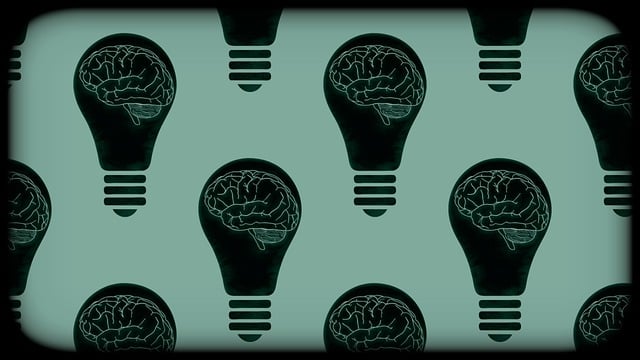Littleton Womens Issues Therapy is a specialized sanctuary for women seeking support and healing, addressing unique challenges through non-judgmental individual therapy sessions. Trained professionals prioritize client well-being, fostering trust and understanding. Beyond direct therapy, the center facilitates public awareness campaigns, workshops, and resources for risk management planning. By combining therapeutic services with community outreach, Littleton Womens Issues Therapy aims to create a supportive network, empowering women to take charge of their mental health and break stigma surrounding mental wellness.
In times of crisis, accessing immediate mental health support can be life-saving. This article explores the vital role played by hotline services, with a particular focus on Littleton Women’s Issues Therapy (LWIT) – a dedicated safe space for women in need. We’ll guide you through the navigation process, highlighting what to expect and how these services contribute to recovery. Moreover, we’ll delve into breaking the stigma associated with seeking help, emphasizing LWIT’s impact on fostering resilience and healing.
- Understanding Littleton Womens Issues Therapy: A Safe Space for Support
- Navigating Crisis Hotline Services: What to Expect and How They Help
- Breaking the Stigma: The Impact of Hotline Support on Mental Health Recovery
Understanding Littleton Womens Issues Therapy: A Safe Space for Support

Littleton Womens Issues Therapy offers a sanctuary for women seeking support and healing. This specialized service understands the unique challenges women face and provides a safe, non-judgmental space to process difficult emotions and experiences. Through individual therapy sessions, clients can explore their mental health concerns while developing coping skills tailored to their needs. The therapists at Littleton Womens Issues Therapy are trained professionals who prioritize each client’s well-being, fostering an environment of trust and understanding.
Beyond direct therapy, the center may also facilitate public awareness campaigns and workshops, educating the community about women’s mental health issues. Additionally, they could provide resources for risk management planning, ensuring that both clients and mental health professionals are equipped to handle crises effectively. By combining therapeutic services with community outreach, Littleton Womens Issues Therapy aims to create a supportive network, empowering women to take charge of their mental well-being.
Navigating Crisis Hotline Services: What to Expect and How They Help

Navigating a mental health crisis hotline can seem daunting, but these services are designed to provide immediate support and guidance during tough times. When you or someone close reaches out to hotlines like Littleton Womens Issues Therapy, expect professional counselors who are trained to listen empathetically and offer practical solutions. These conversations often begin with an assessment of the situation, followed by tailored advice and resources based on the individual’s needs.
Hotline support goes beyond immediate crisis intervention. They can help establish coping strategies for managing stress, anxiety, or depression (depression prevention). Many hotlines also promote confidence-boosting techniques and introduce mind over matter principles to empower individuals in their mental well-being journey. The goal is not just to offer a temporary fix but to equip people with tools that foster long-term resilience.
Breaking the Stigma: The Impact of Hotline Support on Mental Health Recovery

Breaking the Stigma: The Power of Hotline Support for Mental Health Recovery
In a world where mental health issues often carry a heavy social stigma, hotline support services play a pivotal role in fostering open conversations and offering much-needed assistance. These hotlines, such as those provided by Littleton Womens Issues Therapy, serve as safe spaces for individuals to share their struggles without fear of judgment. By providing immediate access to trained professionals, they break down barriers that prevent people from seeking help for depression prevention or other mental health concerns. The impact is profound—hotline support encourages vulnerability, fosters Mental Health Awareness, and empowers individuals to take the first step towards recovery.
Through active listening and empathetic guidance, hotline counselors not only offer emotional support but also provide practical resources and information tailored to each caller’s unique situation. This personalized approach can be instrumental in encouraging ongoing therapy or guiding individuals toward helpful mental wellness journaling exercises. Ultimately, these services contribute to a broader cultural shift, normalizing conversations about Mental Wellness and enabling folks to access timely interventions, whether they’re grappling with anxiety, stress, or more severe conditions.
Littleton Womens Issues Therapy provides a vital service, offering safe and supportive spaces for women facing mental health crises. By understanding the navigation of crisis hotline support, we can break down stigmas and encourage individuals to seek help without hesitation. These services play a crucial role in promoting recovery, ensuring that those in need have access to immediate assistance and long-term care options. Through increased awareness and accessibility, crisis hotlines empower people to take control of their mental well-being.














